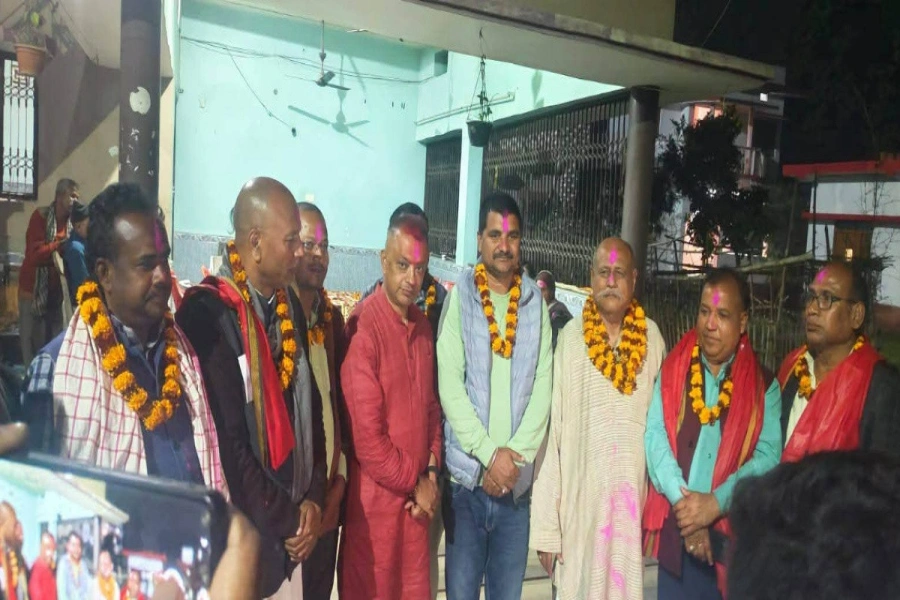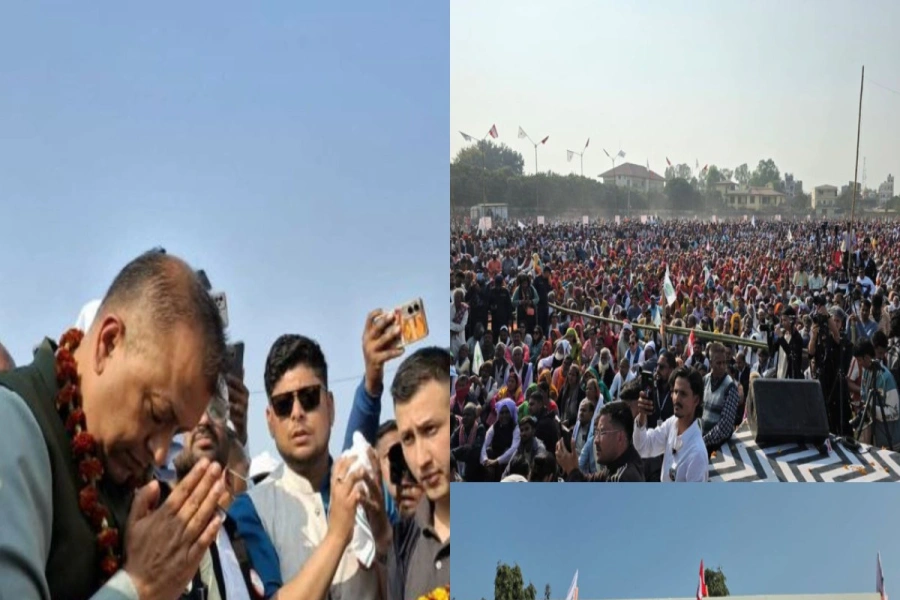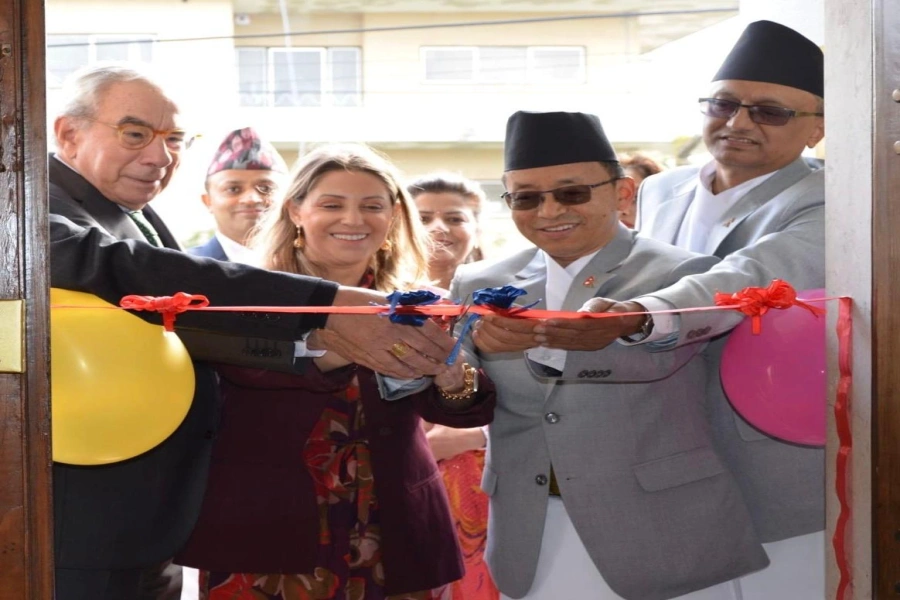In an egregious case of ‘dozer terror’ in Baitadi, the District Police Office has arrested the driver of the excavator for ramming the excavator bucket at the local people. The video of this cruel bulldozing, in which some locals are seen protesting and the driver rams the excavator at them mercilessly, went viral in social media, earning condemnation from Kathmandu and beyond. As many as eight persons were injured, one of them seriously, in this act of crime. Meanwhile, the president of the local User’s Committee and two other persons have been arrested for investigation. According to Republica report, the locals were protesting against road construction because the land on which excavator was rammed on belonged to Guthi. In the video, the locals are also seen pelting stones at the excavator driver, who, enraged at this, aims the excavator bucket at the protestors randomly. Whatever the dispute between the locals and the User’s Committee, attacking people with the excavator is a crime and those guilty of the incident must be brought to book, without any ifs and buts. But broadly, the incident of Baitadi is emblematic of what is fundamentally wrong with our notion of development at local sphere.
DoR constructs over 36,000 kilometers of roads across Nepal so...

One of the boons of the political change of 1990 was that more schools and health facilities started to open in Nepal’s rural hinterlands. Along with this, the places not connected with road networks started to find access. Community people, with the government’s support, took the initiative to dig the road tracks in villages. The process gained momentum after the government of Mana Mohan Adhikari introduced popular aphno gaun aaphain banaun (build your village yourself) campaign. Soon, villages that remained completely isolated from main cities and towns got connected with larger road networks. Now, there is a direct bus service from Kathmandu to most villages and hill towns across the country. But somewhere along the way, we lost the track. We started to think development is only about roads and nothing above and beyond that. With this mindset, the local government representatives have still been pouring in millions of rupees for road construction. There is almost no environmental impact assessment. Little attention is paid toward ecological structure of the land. Engineering guidelines are often ignored. As a result, we have a number of roads in the rural areas lying as death traps.
These drawbacks should have been corrected in the new federal set up. At least, the local governments could have started considering ecological aspect and sustainability. But this has not happened. As a result, elected representatives at the local levels (chiefs of wards and chiefs and deputy chiefs of rural municipalities) have made it a point to purchase dozers, often by misusing the development budget allocated for the local sphere, and ram them through the fragile lands of the hills, without little or no care for sustainability and utility. The bulldozing incident of Baitadi is the outcome of the same recklessness. In Nepal, local development has always been about the roads. We have never cared about the the damages such activities inflict on. It’s getting late for the local governments to shift their attention beyond roads. Roads are important but while building them we need to take consent of the local people and ensure that they benefit the most.






































